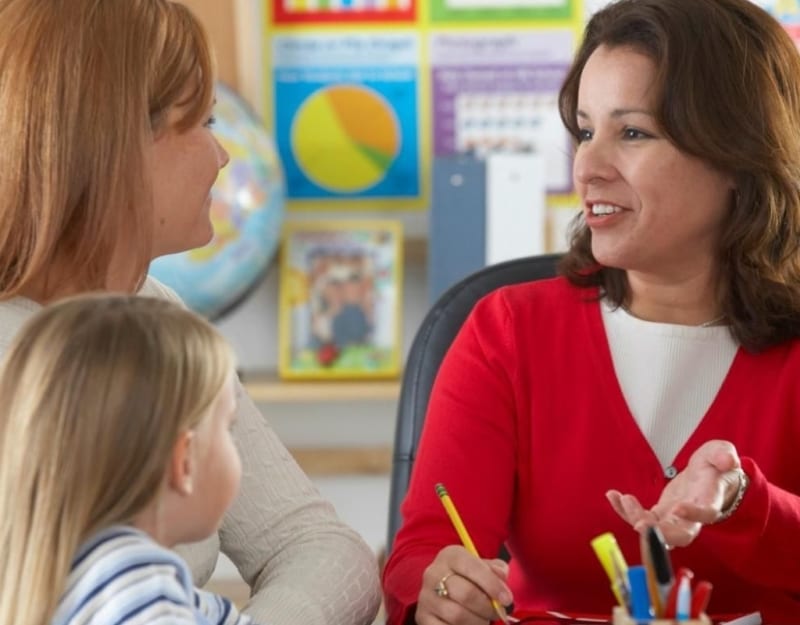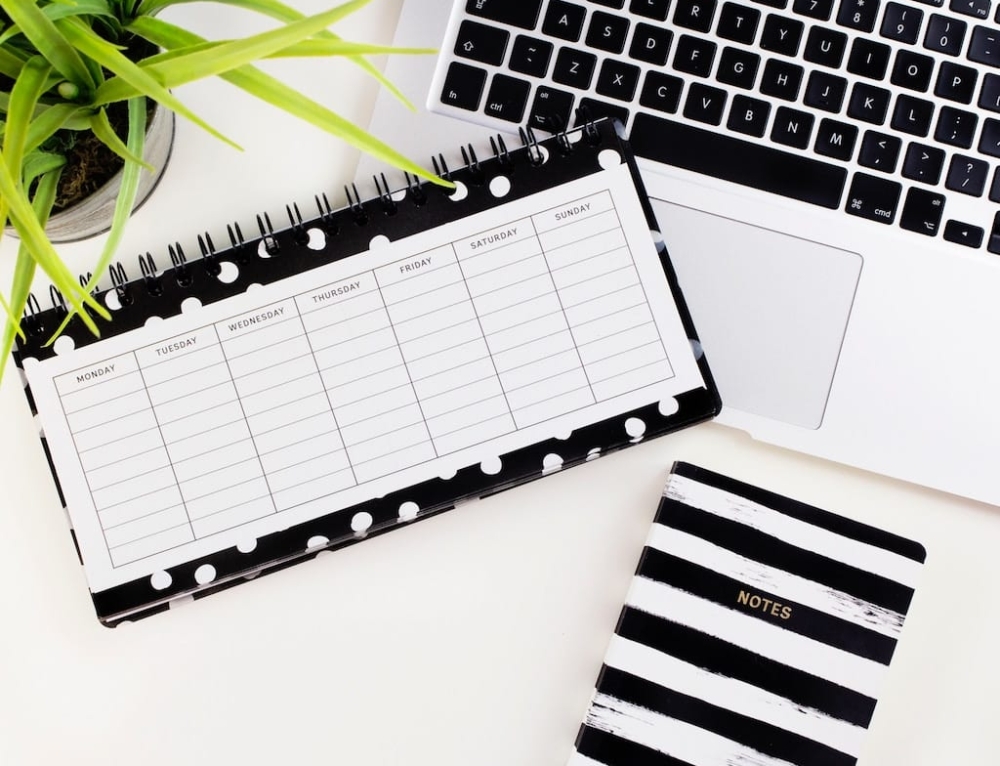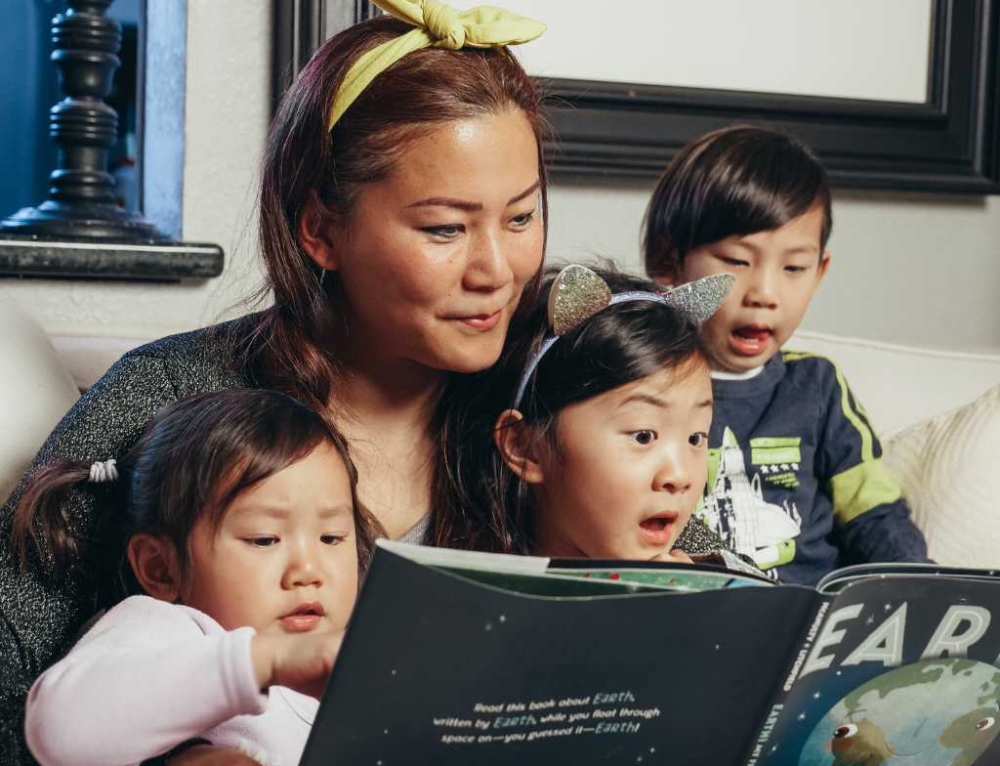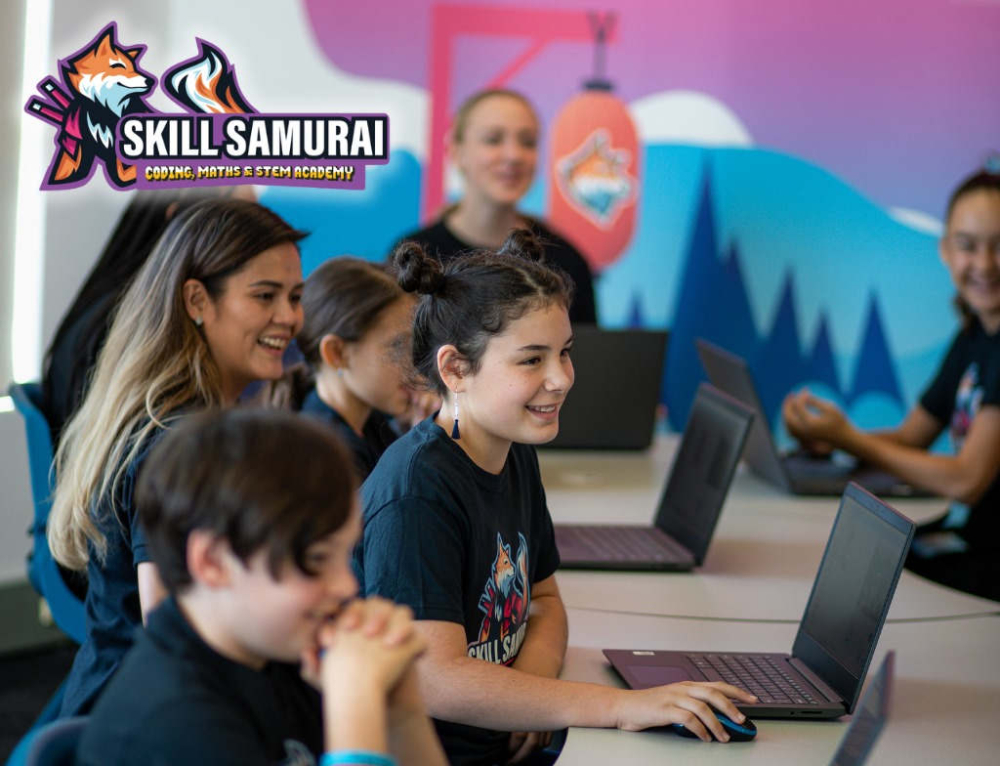Parent teacher nights (or conferences) are a time when you have a one-on-one dialogue with your child’s teacher, so it’s worth doing more than just showing up at the right time.
To get the most out of the experience, Kidspot explains the questions you may want to ask and how to best prepare for your parent teacher sessions.
Be prompt to respond
Usually teachers will send home a parent teacher note explaining the times they are available to meet. If you’re one of the first parents to send the form back, you’re more likely to get the time slot that you or you and your partner are able to attend. Being there together sends a strong message to the teacher that both of you are interested in your child’s education.
Does the school work well with separated parents
Though you and your ex-spouse may find it very uncomfortable to be in the same room together, parent teachers nights are often scheduled so tightly that they are unable to schedule separate conferences for each parent. It’s wise to try to put your partnership problems in the past but if you are unable to manage a civil parent teacher conference or there are legal circumstances that make it impossible for the conference to be held with both of you, do let the teacher know. She may be able to schedule an interview with you at a time outside of the schedule or via telephone.
Ask for double time if you have complex issues to discuss
Time is tight during parent teacher conferences and you’ll often only have fifteen or twenty minutes to talk. If there are lengthy issues to address, be sure to ask for extra time ahead of time.
Ask your child what to speak to their teacher about
Ask your child what to discuss with their teacher. Kids become anxious when they know adults are talking about them so giving your child an opportunity to tell you if he’d like you to ask certain questions or talk about something particular can ease his mind. For example, ask him which special talents he thinks his teacher has noticed in him, or what he thinks the teacher is most happy with him about. After the interview, be sure to debrief him so he knows what happened.
Prepare your own questions and take a notebook.
There’s nothing more frustrating than walking out the door and remembering all of the things you wanted to ask. Make sure to have those questions with you and write down the answers. That way you can refer to your notes later, either when talking to your child or if there is something you need clarified.
Broaching the difficult questions nicely
You’ll get better results asking why the teacher thinks your son is having trouble in math than if you tell her you think she isn’t teaching him the right way. If you’re concerned about your child’s interactions with other children, it’s important not to assume the teacher isn’t doing anything to address the concern. Jumping to conclusions or being defensive can put a teacher on the offense, so try to listen and respond respectfully. Sometimes you may need a neutral party to ensure that the parent teacher interview does what it’s supposed to – provide information about your child. Ideally, you and the teacher will find a way to communicate and work together for your child’s sake.
Communicate relevant news to the teacher
Your child’s teacher will also be hoping to glean what life is like for your child at home, and this is the time to open up. If your child is having trouble sleeping, if you have moved house or had a new baby then it’s worth communicating these things to the teacher as it can affect his learning. Things that may affect how he’s acting and reacting are important to mention.
This article was written by Alex Brooks for Kidspot, New Zealand’s leading parenting research for school age.







Leave A Comment
You must be logged in to post a comment.